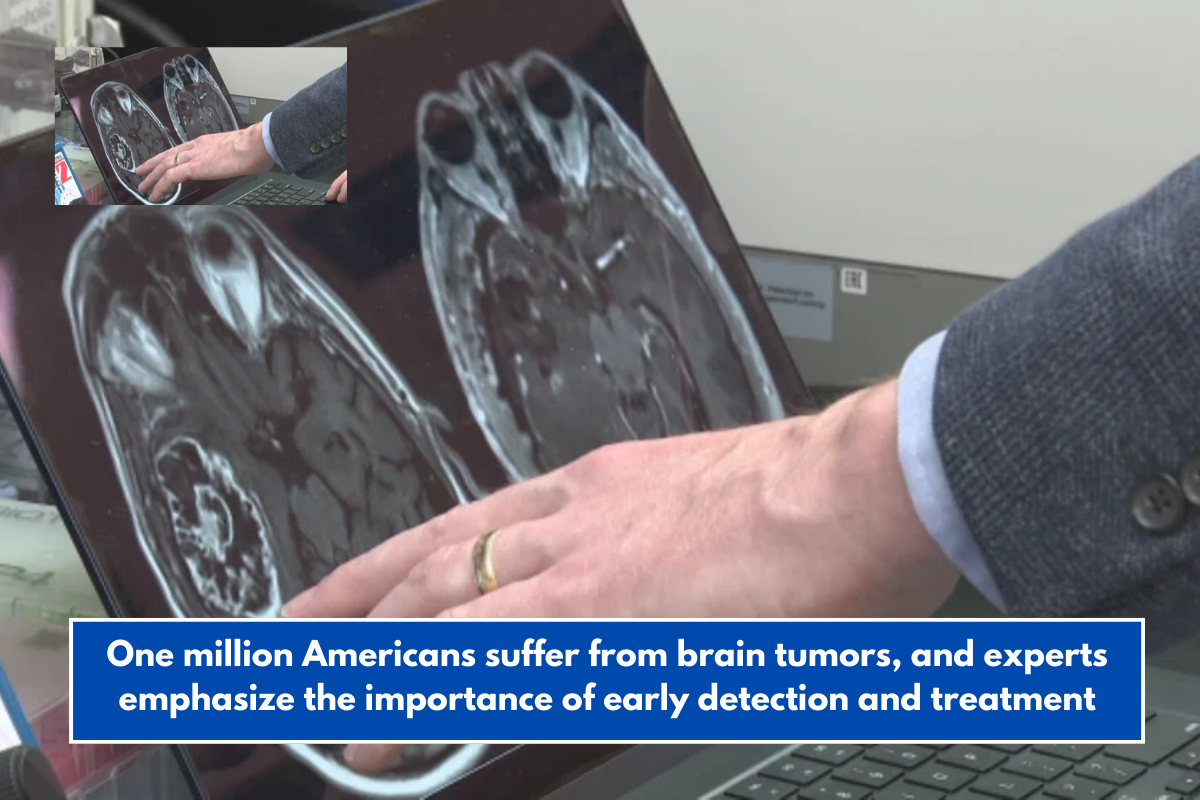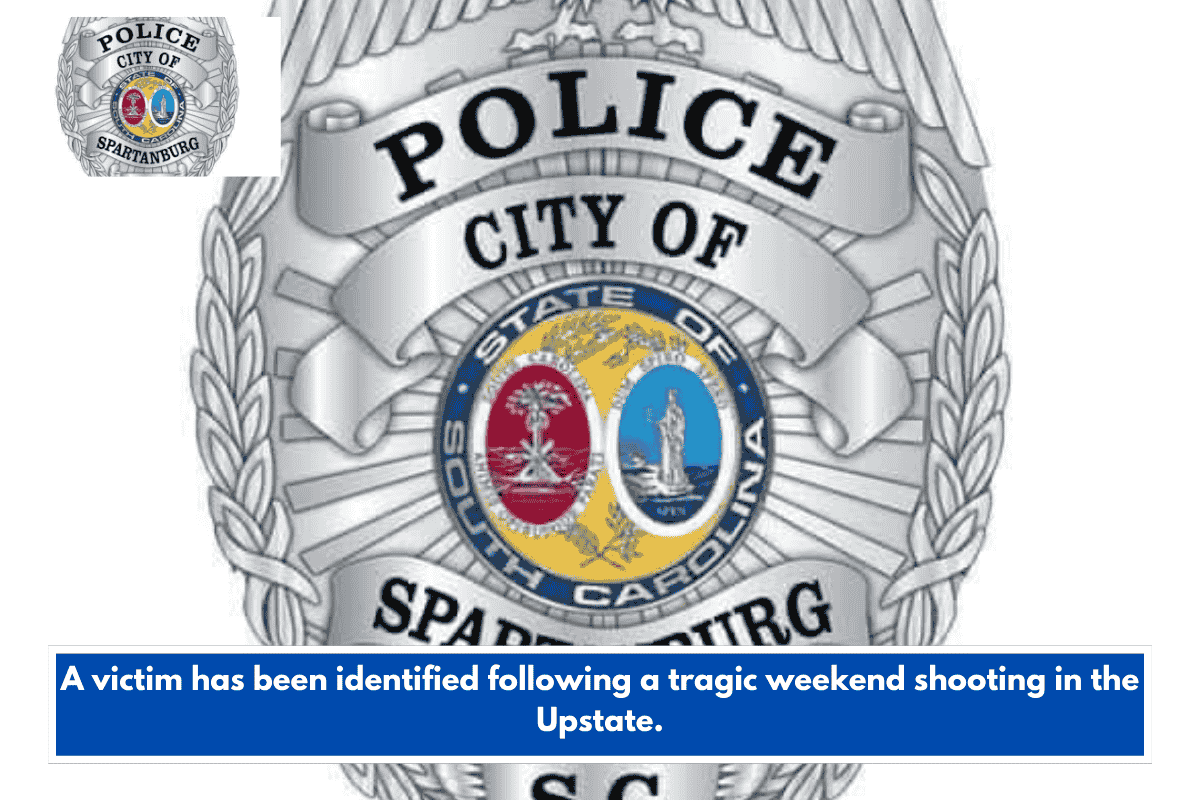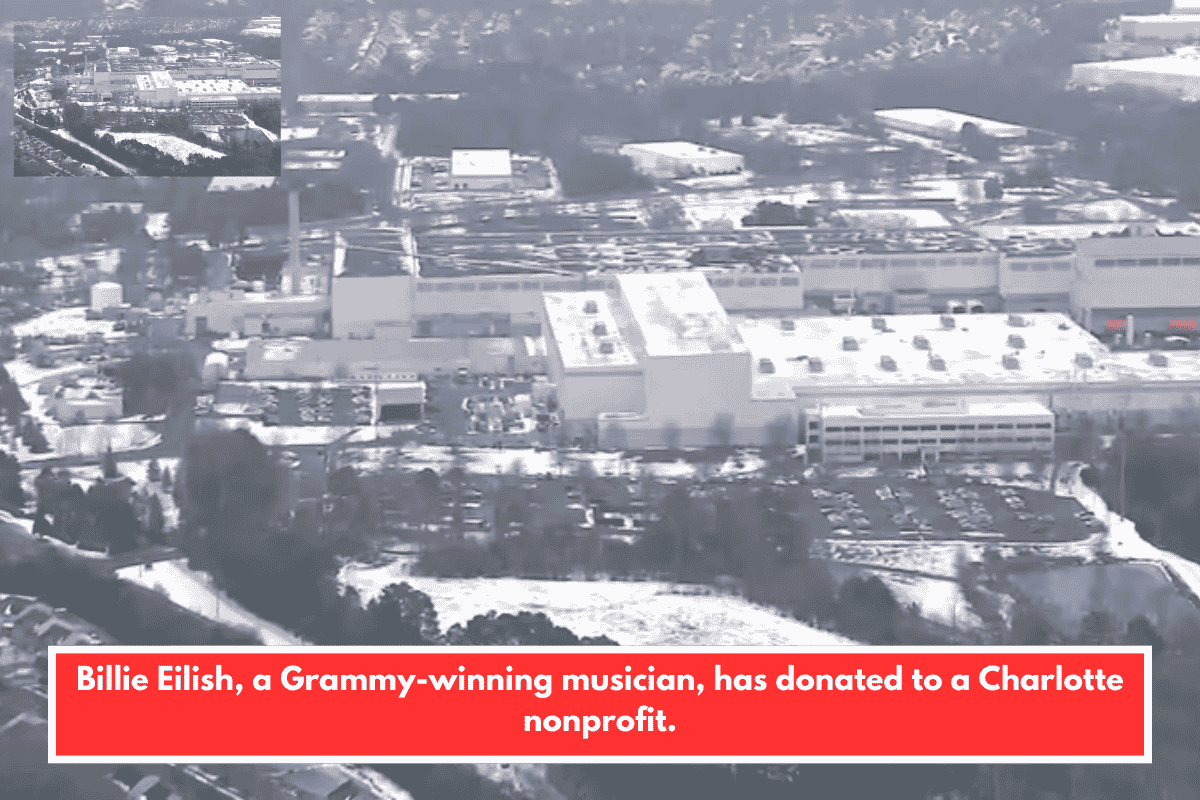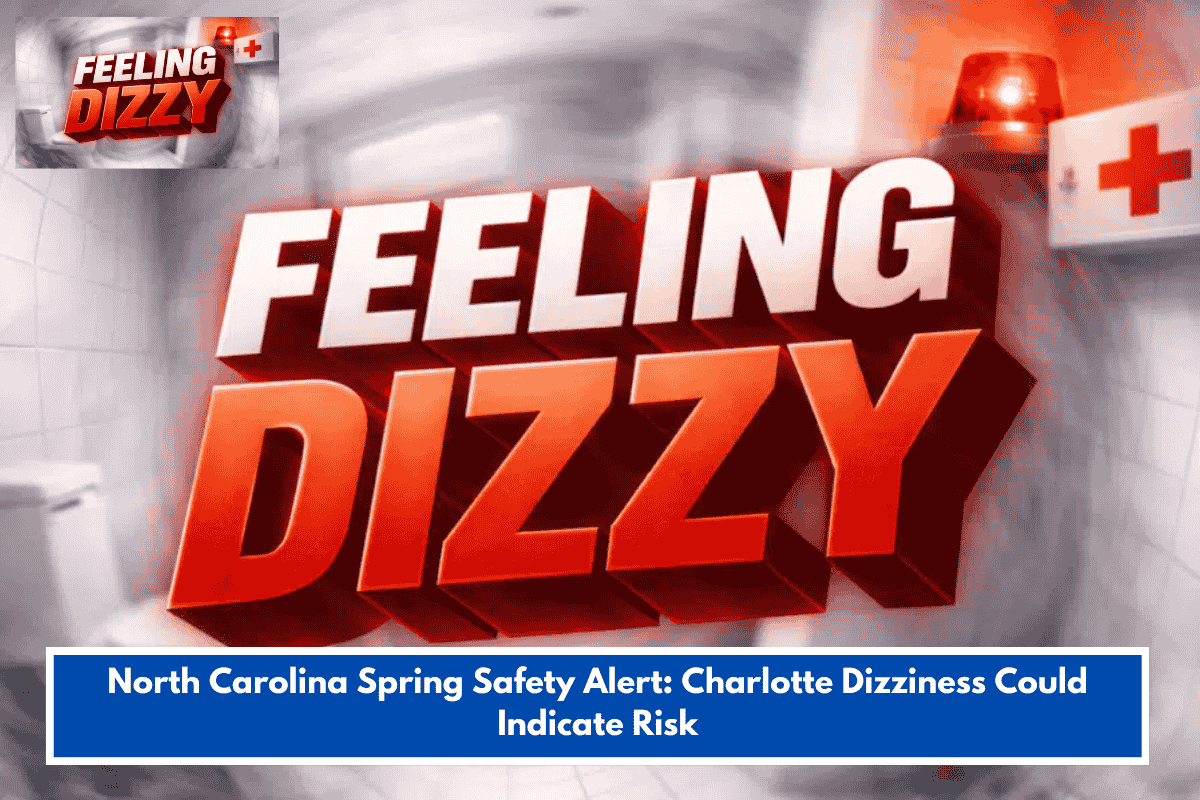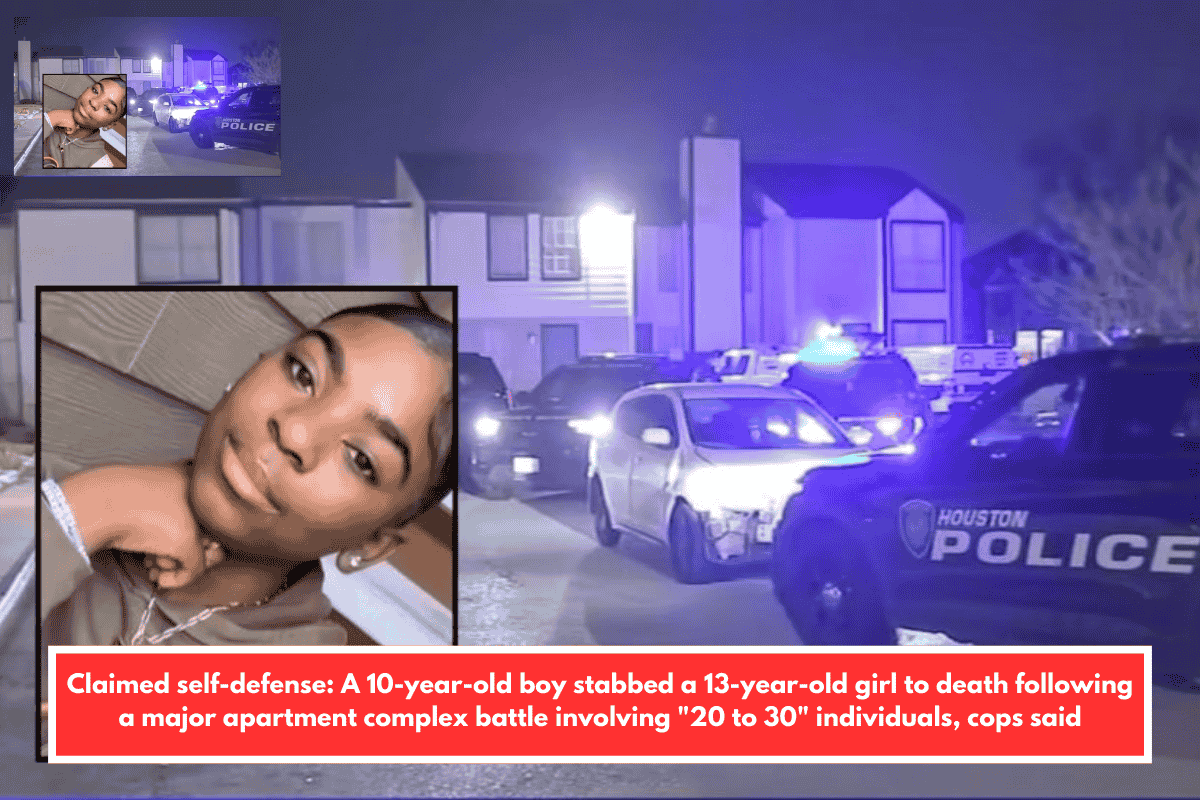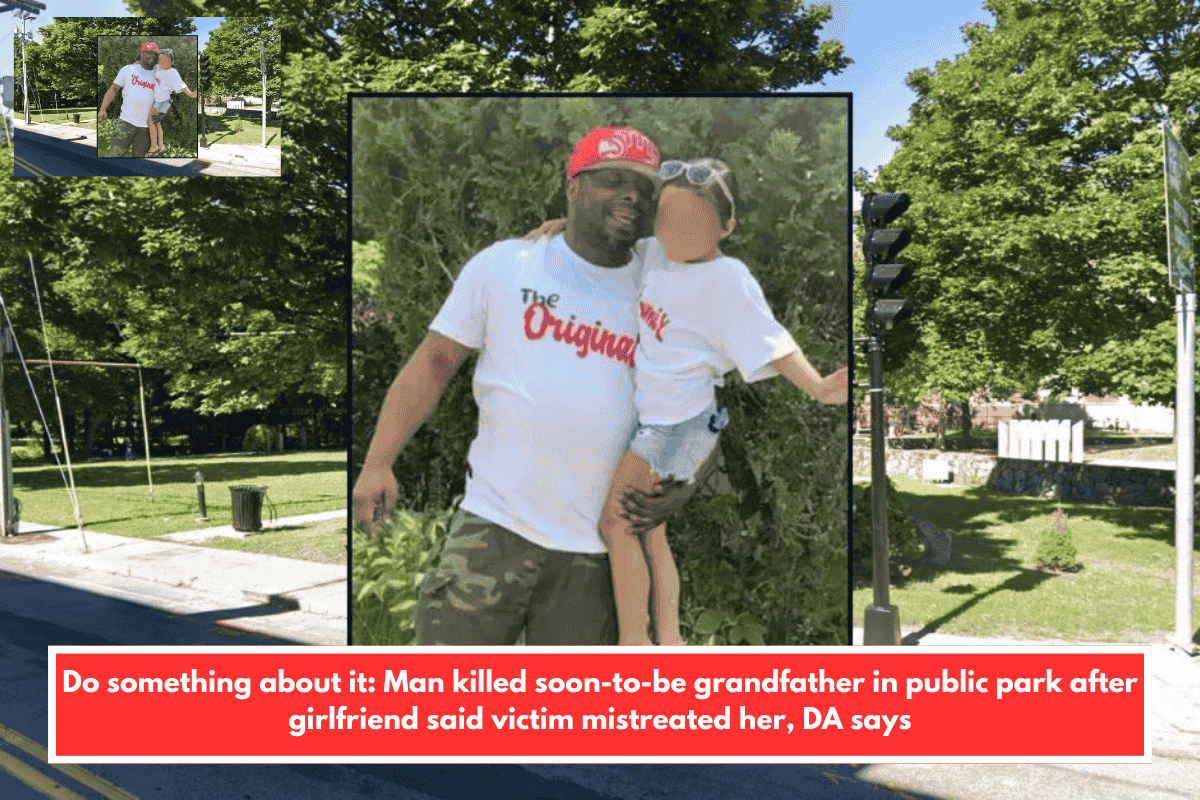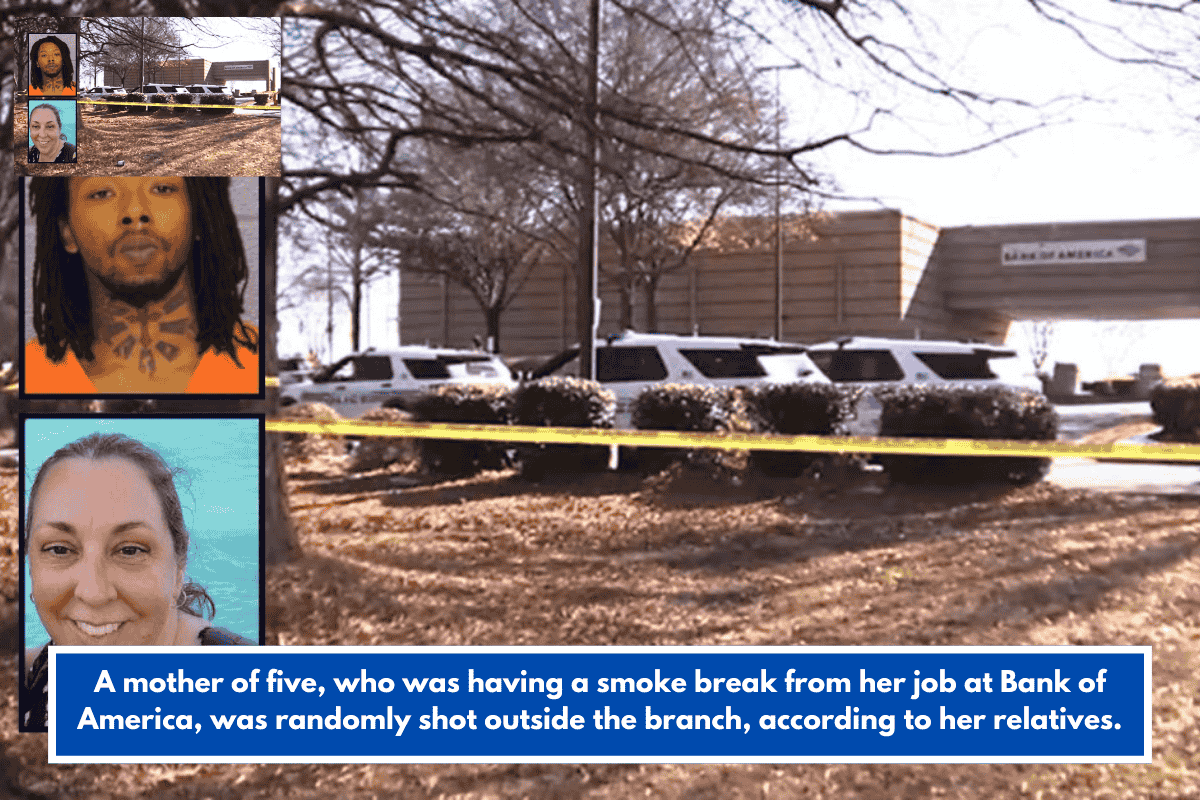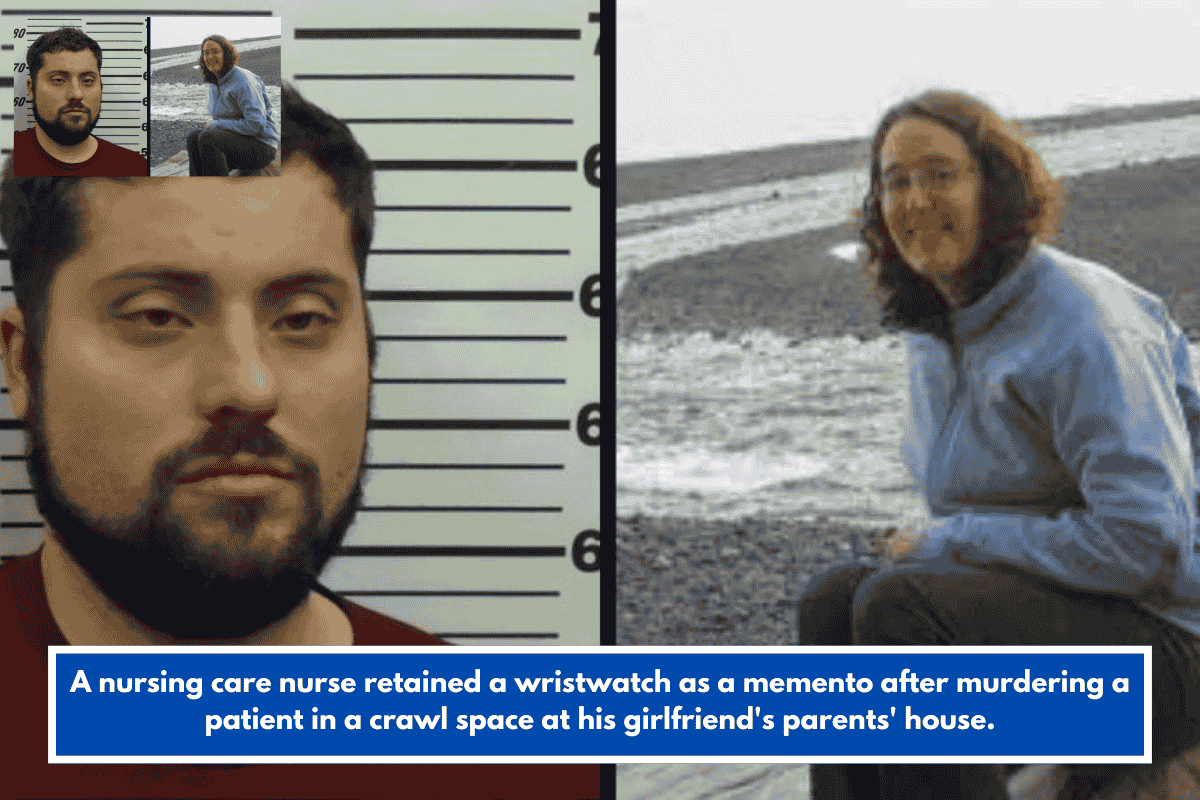May is Brain Tumor Awareness Month, and new research is helping shed light on the importance of recognizing symptoms early. In Charleston, doctors from the Medical University of South Carolina (MUSC) are urging the public to pay attention to warning signs, as early detection can make a major difference in treatment outcomes. With over 1 million Americans currently living with a brain tumor, understanding the condition and its symptoms has never been more important.
Understanding Brain Tumors: What You Need to Know
According to new data from the National Brain Tumor Society, about two-thirds of all brain tumor cases are benign, meaning they are not cancerous. But even benign tumors can cause serious health problems depending on their size and location.
Dr. Ben Strickland, a Neurosurgical Oncologist at MUSC, explains that there are many different types of brain tumors. “Thankfully, brain cancer, such as glioblastoma, is not very common,” he says. However, tumors from other parts of the body, like the lungs or breasts, can spread to the brain. These are known as metastatic tumors and are more common than primary brain tumors, which start directly in brain tissue.
Why Many Brain Tumors Go Undiagnosed
One big challenge with brain tumors is that their symptoms often start slowly and are easily mistaken for other problems. “A lot of the symptoms are pretty vague,” Dr. Strickland says. “It’s more of a combination of signs that slowly get worse over time.”
He urges people to look out for red flag symptoms, such as:
- Persistent or worsening headaches
- Nausea and vomiting
- Blurry vision or vision loss
- Seizures
- Muscle weakness or numbness
If you or someone you know experiences these symptoms, it’s important to speak with a doctor as soon as possible. Early action can lead to earlier treatment and better chances of recovery.
How Brain Tumors Are Treated at MUSC
At MUSC, patients with brain tumors are treated by a team of specialists, including neurosurgeons, medical oncologists, and radiation doctors. Treatment often begins with surgery to identify the type of tumor. Depending on the diagnosis, patients may also receive chemotherapy or radiation.
“We have a very comprehensive treatment plan,” says Dr. Strickland. “The goal is to give each patient the care that fits their specific needs.”
Breakthrough Research: Fighting Brain Cancer with the Immune System
Dr. Strickland also leads a lab focused on fighting brain cancer through the immune system. One of their recent discoveries involves macrophages, a type of immune cell that normally protects the body.
“In brain cancer like glioblastoma, macrophages can actually work against us,” he explains. These cells sometimes help tumors grow by weakening the immune system’s response. But there’s hope: the lab is working on reprogramming macrophages to attack cancer instead.
“If we can turn them into cancer-fighting cells, we may be able to wake up the entire immune system and improve how patients respond to treatment,” he says. Clinical trials are already underway to test this promising approach.
Brain tumors affect more than a million people across the U.S., and while many are not cancerous, all types require serious attention. During Brain Tumor Awareness Month, Charleston’s medical experts are encouraging everyone to learn the symptoms and take action early. Thanks to new research and better treatment options, there is more hope than ever for those facing this diagnosis. From early detection to cutting-edge immune therapies, the goal is to offer better outcomes and more support to patients and their families.

